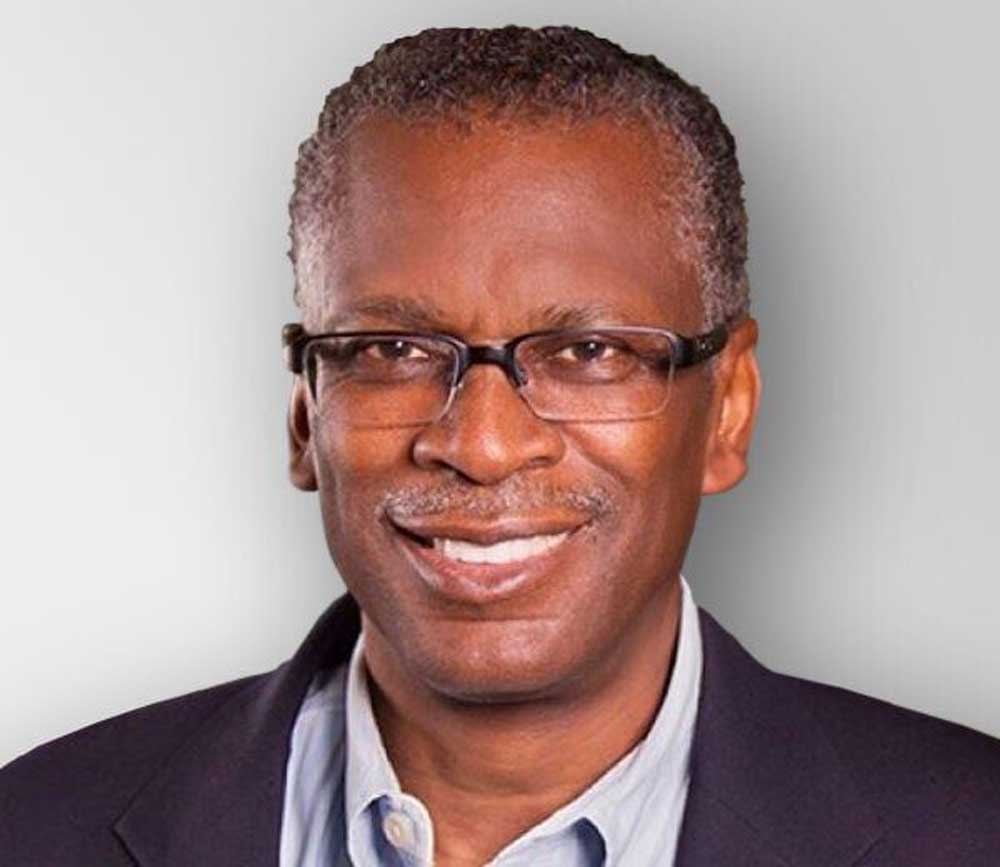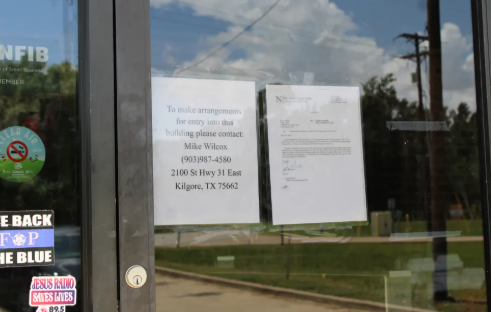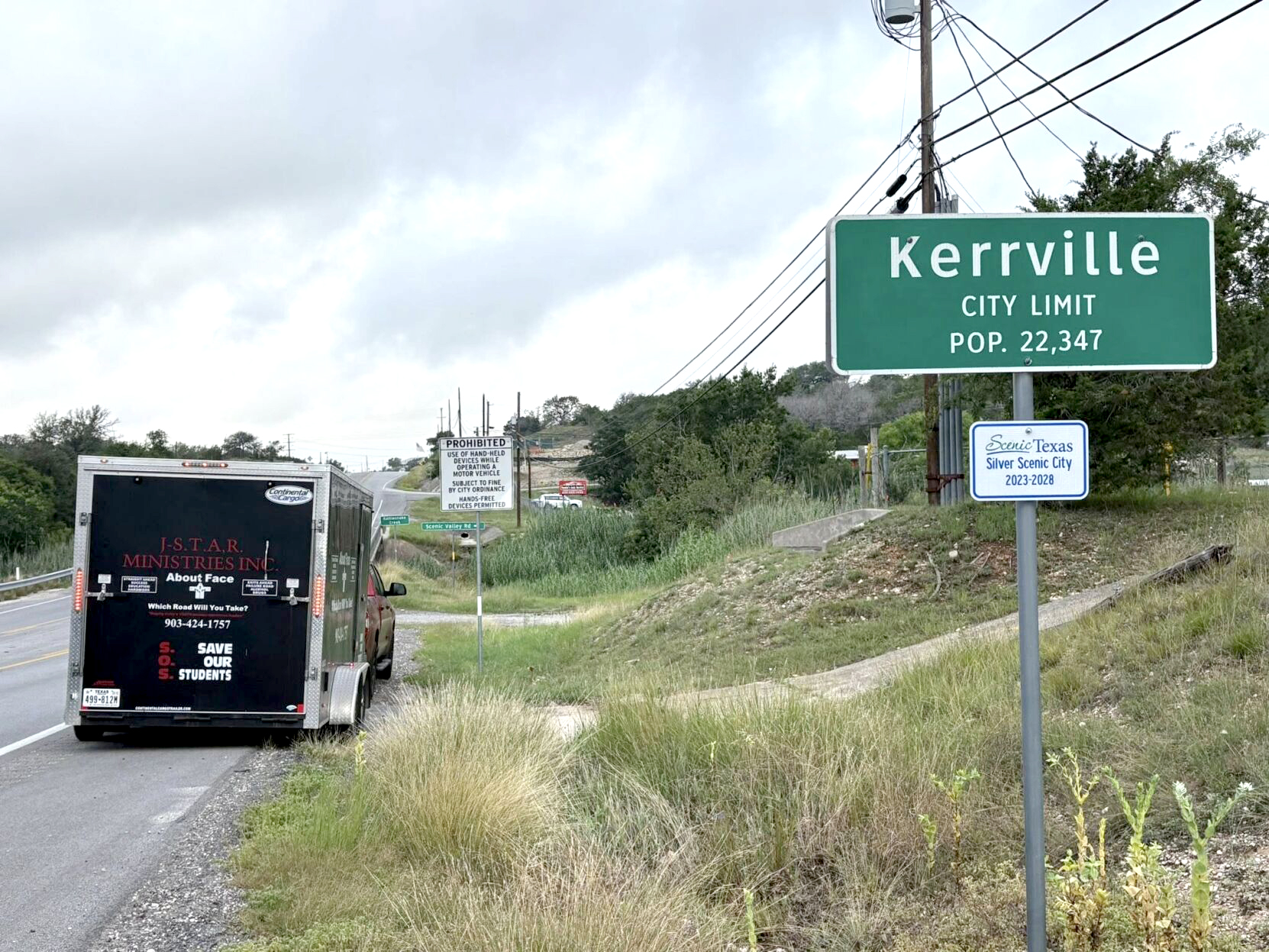Johnson: Energy innovation can’t leave communities of color in dark
Published 6:00 am Friday, December 22, 2023

- Lonnie Johnson
Billions will be invested in the U.S. energy sector over the next 25 years, but unless energy companies work hand-in-hand with Black and brown communities to implement these improvements, our nation’s energy future will be neither equitable nor sustainable.
From coast to coast, the projects taking shape inspire confidence in a population and marketplace ready to responsibly reimagine energy infrastructure and policy that works for everyone.
South Carolina is investing $15 billion in large-scale, clean-power generation and storage in the next seven years. Texas companies are innovating fracking methods to increase geothermal production, and a California company is developing technology with Chevron to convert organic waste into hydrogen to help meet transportation needs.
As exciting — and needed — as these and similar innovations may be, we must ensure that input from the Black and brown communities most directly impacted by their implementation is incorporated into the decision-making process at the earliest stages.
Historically, energy companies built infrastructure rapidly, centering their progress along interstate corridors and population centers. Over time, the infrastructure along major highways, large cities and other populated corridors improved quickly, but Black and brown communities — particularly those in urban settings — experienced a systemic slow-down in the pace of infrastructure improvements compared with more affluent, white communities.
This documented, discriminatory pattern highlights the need for a more equitable approach to future energy development, one that recognizes and actively addresses the unique challenges and historical context of Black and brown communities.
Inflation Reduction Act (IRA) funding certainly holds promise.
This law invests $369 billion in energy security and resiliency programs through 2032 and improves permitting for domestic energy and transmission projects. It also presents an unprecedented opportunity for Black and brown communities to engage with energy providers and policymakers to ensure that the benefits of these investments are equitably distributed and happen in their communities.
Active engagement will be key because these communities have been underrepresented in discussions about energy policy and infrastructure development from the beginning, facing significant and repeated barriers to accessing information about environmental policies and energy initiatives.
In turn, the information gap between communities of color and their white neighbors removed Black and brown voices from crucial, policy-producing conversations, effectively excluding their experiences from consideration.
It’s time to change that narrative. It’s time to realize the shared benefits of active engagement from both communities and energy companies.
It’s time for Black and brown communities to ensure their needs and perspectives are considered in the planning and implementation of energy projects from the outset. It’s also time for energy companies to incorporate all of the available information and perspectives into their projects.
For communities, engagement in energy decisions encompasses environmental considerations, economic empowerment, access to new job opportunities and fostering community resilience. In an industry where a few months of training can lead to lucrative careers, this represents a transformative opportunity, particularly in areas grappling with persistent poverty and unemployment.
Meanwhile, energy companies that take the time to better understand the needs of the engaged communities can build far more than infrastructure. They can build trust, goodwill, support and even their workforce.
This is not about leaning left or right. It’s about moving forward together.
It’s about creating partnerships that are rooted in mutual respect and shared goals. It’s about recognizing the importance of energy in our lives, making informed decisions and remaining involved every step of the way to ensure equity is realized.
Black and brown communities cannot afford to squander this once-in-a-lifetime national investment. They must vocalize their concerns, misgivings and outright mistrust of the process in real-time or risk history repeating itself.
I have personally witnessed the transformative power of inclusive decision-making during my 30-plus-year career in the energy industry, so I’m confident we can build a bright future together with a blend of expertise, collaboration and purpose.
A sustainable and equitable energy future is in reach, and if we commit to actively listening to the needs and concerns of our partners in progress, no one should be left in the dark this time.






